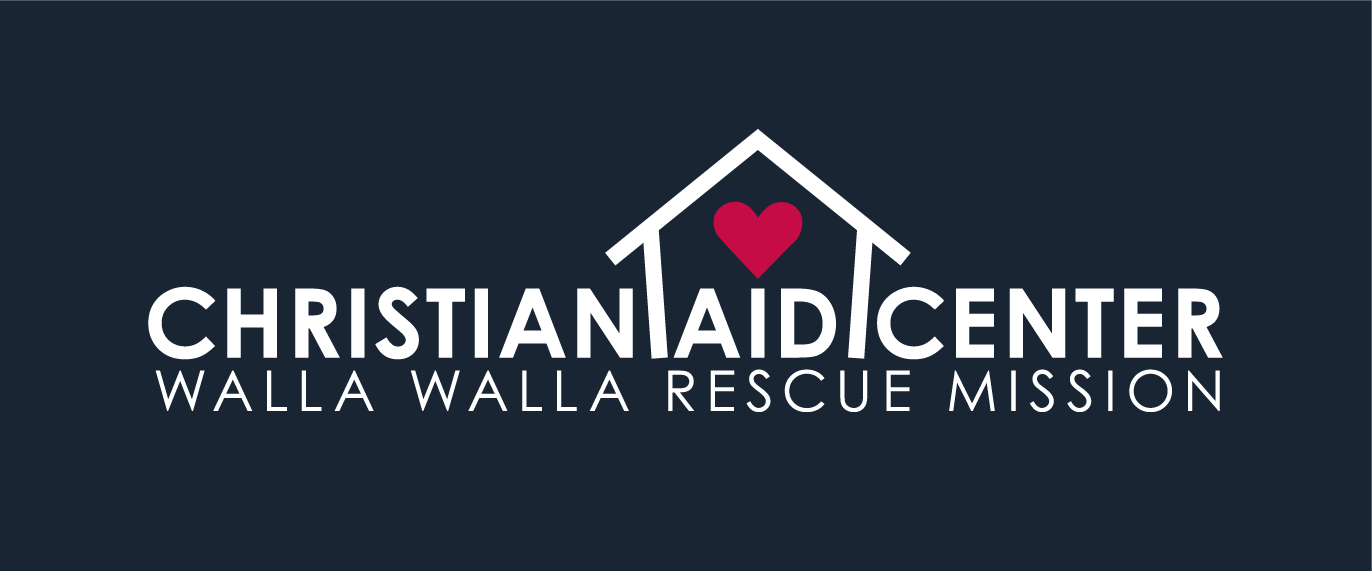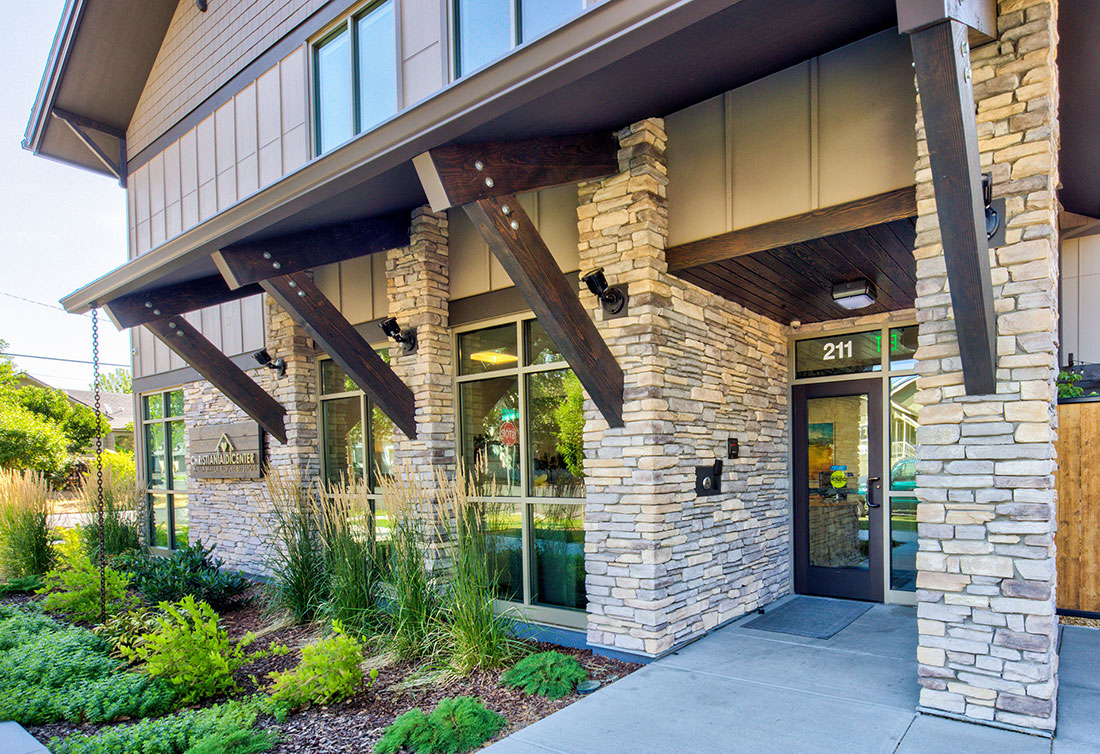Recovery Programs
From Brokenness To Hope
Would you or someone you care about like to make a lasting life-change? Our residential recovery programs address the root causes of homelessness in a safe and judgement-free environment.
Guests who participate agree to do the hard work of rebuilding their lives and will stay with us between 12-18 months. During that time, we honor their dignity by not doing for them what they can do for themselves; and we ask them to abstain from drugs, alcohol, unhealthy relationships and other factors that have contributed to homelessness. In turn, we offer the tools and support needed for a new start.
Program components:
- Classes to develop healthy relationships
- Addiction recovery
- Life-skills training
- One-on-one coaching and counseling
- Mentorship
- Social activities
- Volunteering experience
- Job readiness
- Spiritual encouragement
- Community connections
Phases of the
recovery program
Our guests enter a multi-phase program of recovery and healing; in a structured, student-like environment.
0-2 Weeks
First Steps
Rest, relax and feel safe
Adjust to community living
Maintain sobriety
Follow a regular schedule
Help with community responsibilities
0-2 Weeks
6-8 Weeks
Discovery
Introduction & evaluation
Set personal goals
Attend recovery classes
Participate in group therapy
Attend on-site chapel services and other meetings
Form safe and supportive relationships
2-3 Months
Phase One: Truth
Stability
Stabilize outstanding issues
Attend group therapy, classes and Bible study
Learn life management and problem-solving skills
Develop a support system
Experience joy and self-respect
2-3 Months
2-3 Months
Phase Two: Acceptance
Relapse prevention
Begin one-to-one counseling sessions
Examine your life
Discover your true self
Let God heal the places that have driven your addiction
2-3 Months
Phase Three: Freedom
Life skills
Make life plans
Make amends
Develop a relapse prevention plan
Prepare for employment or education
2-3 Months
6-12 Weeks
Phase Four: Purpose
Transition readiness
Put your recovery skills into practice
Make plans to transition back into the community
Find a source of income
Secure housing
"Today I walk strong with my head held high. I have no shame or guilt and I will be a part of society again in the right way."
—Yuri




